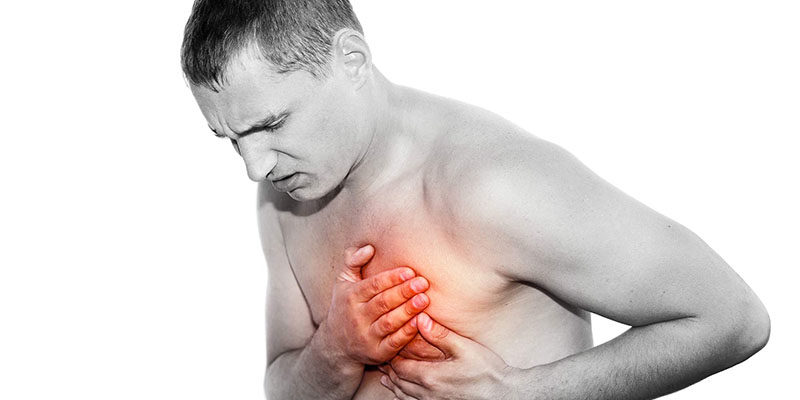Heart cancer is also known as cardiac sarcoma, a type of cancer that affects the heart. It is one of the cardiovascular diseases, an umbrella term referring to diseases that affect the heart. Heart cancer is divided into two; primary and secondary tumours. Primary heart cancer refers to tumours that begin and develop in the heart. The heart tissues do not multiply, and because cancer development is accelerated by rapid cell division, primary tumours are rare. Secondary heart cancers are also called metastatic tumours and they normally originate from a different location before spreading to the heart.
Primary heart cancers attack any location in the heart but in most adults they attack the atrium. These cancers originate from the cells that line most blood vessels. When the cells are infected, they multiply fast and result in irregular masses which swell into the right upper chamber and then spread to the nearby structures. This is a type of primary heart cancer called angiosarcomas.
Myxoma is the type of primary heart tumour that is experienced most, and it starts from the connective tissues. Cardiac myxomas sometimes result in unusual heart sounds, and may therefore be detected by the use of an echocardiogram. Primary tumours do not easily spread, a reason why they are called benign. They can pose great health dangers since they block normal flow within the heart and disrupt the electrical system.
Another type of a primary heart tumour which commonly affects adults is rhabdomyosarcoma. This is also the type that attacks children most. The tumours can attack any part of the heart though they are very common in the myocardium. There are also other primary heart cancers but they are not common and they include fibrous histiocytomas, mesotheliomas, cardiac liposarcomas, fibrosarcomas and schwannomas.
Secondary tumours spread from other parts of the body and they closely look like the tissues in the part of the body where they originated. These are the most dangerous because they can invade the whole heart and spread to different parts.
Heart cancer can be identified by several signs, including swelling of some body parts. This is because heart tumours interfere with the flow of blood to cause a build-up which appears as swelling on the face, neck, legs and stomach. Another usual symptom is chest pains that are a result of fibrosis. The pains vary in severity depending on size of the tumours as well as location. Difficulties in breathing and coughs are also regular signs. These are caused by accumulation of blood within the heart. It may also involve coughing some traces of blood as a result of hemoptysis heart cancer. Other symptoms are flu-like signs such as night sweats, fatigue, fever, and weight loss.
The common heart cancer treatments include chemotherapy, which is meant to attack and clear the cancer cells. Physical therapies will also be handy in strengthening the body, reducing fatigue and increasing alertness. Radiation therapy is also important in removing the cancer cells and improving the heart’s functionality. Complementary treatments may also be used as alternative therapies and they include yoga, massage therapy and acupuncture.
As uncommon as they may be, heart cancers are dangerous to human health. As soon as symptoms are detected, patients should seek medical advice early to find the best treatment strategy.
Parkway Heart and Vascular Center possesses global expertise in the diagnosis and treatment of heart cancers and other cardiovascular diseases. If you experience any of the heart disease symptoms mentioned in this article, please consult a heart specialist immediately.
